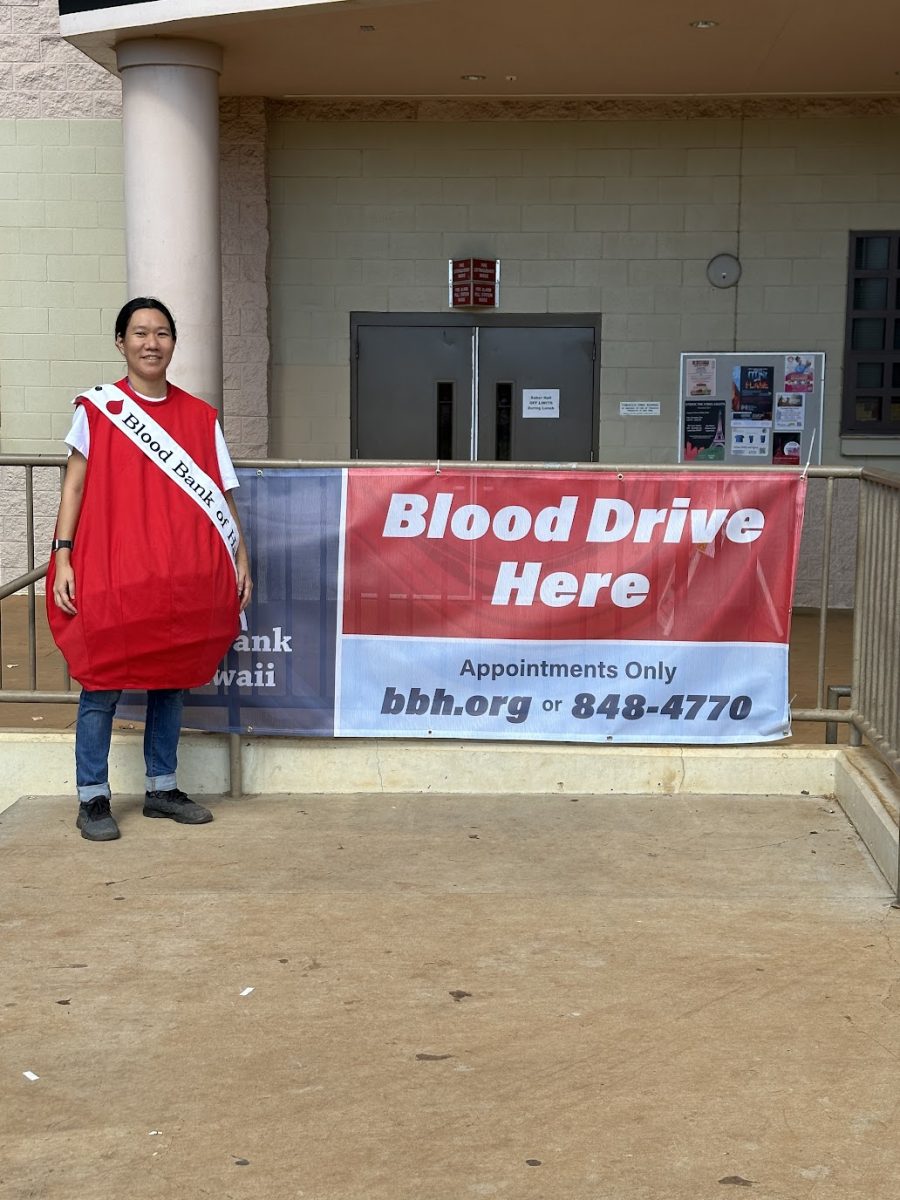One of the reasons most student-led clubs at James Campbell High School (JCHS) are not strict with their attendance is to accommodate the busy schedules of their members. Students who commit to several clubs and extracurriculars also have to take into account their lives outside of their education. This puts clubs in varying positions of priority for these students. Communication within clubs is crucial because some clubs rely heavily on the consistent participation of its members.
The JCHS Drama Club meets everyday after school to rehearse for their production of “Frozen” which takes place in February. Lena Lutzke (12), president of the club, said that everyone attending rehearsal is important because “we want everyone to be prepared. Which means being “off book” (memorizing the script) and learning choreography a few months before the show.” Out of around 30 members, only half go to every rehearsal consistently. Despite this, Lutzke said they aren’t strict with their attendance because they “don’t want to intimidate anyone who is or wants to be a part of the club. Or scare off anyone with other commitments.”
Lucas Roberts (12) is a member of the JCHS Drama Club, and has a leading role in the upcoming show. But he also has about four other clubs he’s involved with. Even with a lot on his plate, he still makes the effort to attend rehearsal when he can. “I have to text our advisor or whoever is in charge if I’m not going to be there,” he said. “And I feel like they get irritated with me when I do. But there’s just so much to do with so little time, and not enough resources for a big production like this.” He said it makes him feel guilty for not being able to attend everyday, and feels about half-prepared for the show as of now.
Similarly, the JCHS Mock Trial team has begun preparations for their competition season in January. They meet every Wednesday and Friday afterschool. With around 20 members total, most show up to every meeting. Regi Sison (10), vice president of the club, said “We don’t get very strict with our attendance until the season actually starts. But even then most people show up.” It’s important for members of the team to attend meetings because they are taught the basics of how a trial works and practice skills in order to perform a successful mock trial. Officers of the club are held to a higher standard of commitment because they play an important role of leading the lessons each meeting.
Sison said that they rely on their members to be communicative and let them know if they cannot attend a session; either through a group chat system or anytime before or after the meeting. But they also said that “It’s important for the club to be understanding of anyone’s situation.” This policy allows room for the club to be more lenient with its attendance because everyone can be on the same page, despite anyones busy schedule causing them to miss a meeting.
Contrarily, Lutzke said that while some people, like Roberts, report their situations well, it’s harder to reach certain people. “We sometimes have to be annoying and nag them a lot. But we usually don’t mind, even if it is a problem sometimes.” She said that most of the members with leading roles prioritize the club more than members who have a more supporting role. “It’s usually the same people we constantly have to nag. But it weeds out the people who we can tell probably aren’t very reliable. And we can accommodate for that.”
David Sinidad (11), who is a member of the Mock Trial team, said that he doesn’t think having strict attendance policies would affect interest in the club. “I’ve got like three other clubs I’m in and I know I can put in equal amounts of effort into them all.” He said some of the other clubs he’s involved in have stricter attendance policies, but have never interfered with his schedule, or level of interest. “It’s a person’s own responsibility to show up regularly, or just talk to whoever’s in their club if they can’t.” Sison said, “Commiting to a team is already a huge thing, but when people have personal interest in whatever club or team they join it gives us a nice idea of how much they will commit, and who we can rely on the most.”




